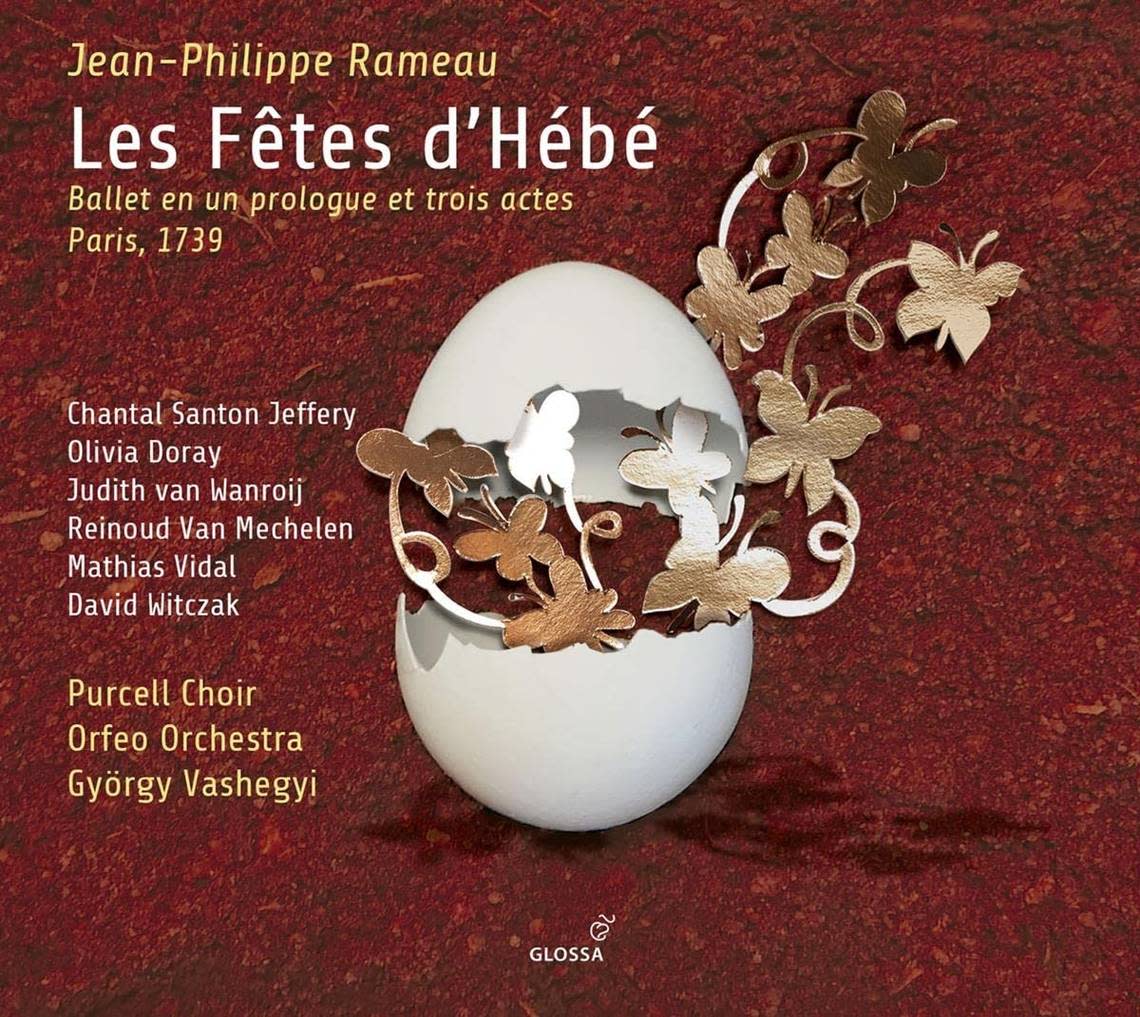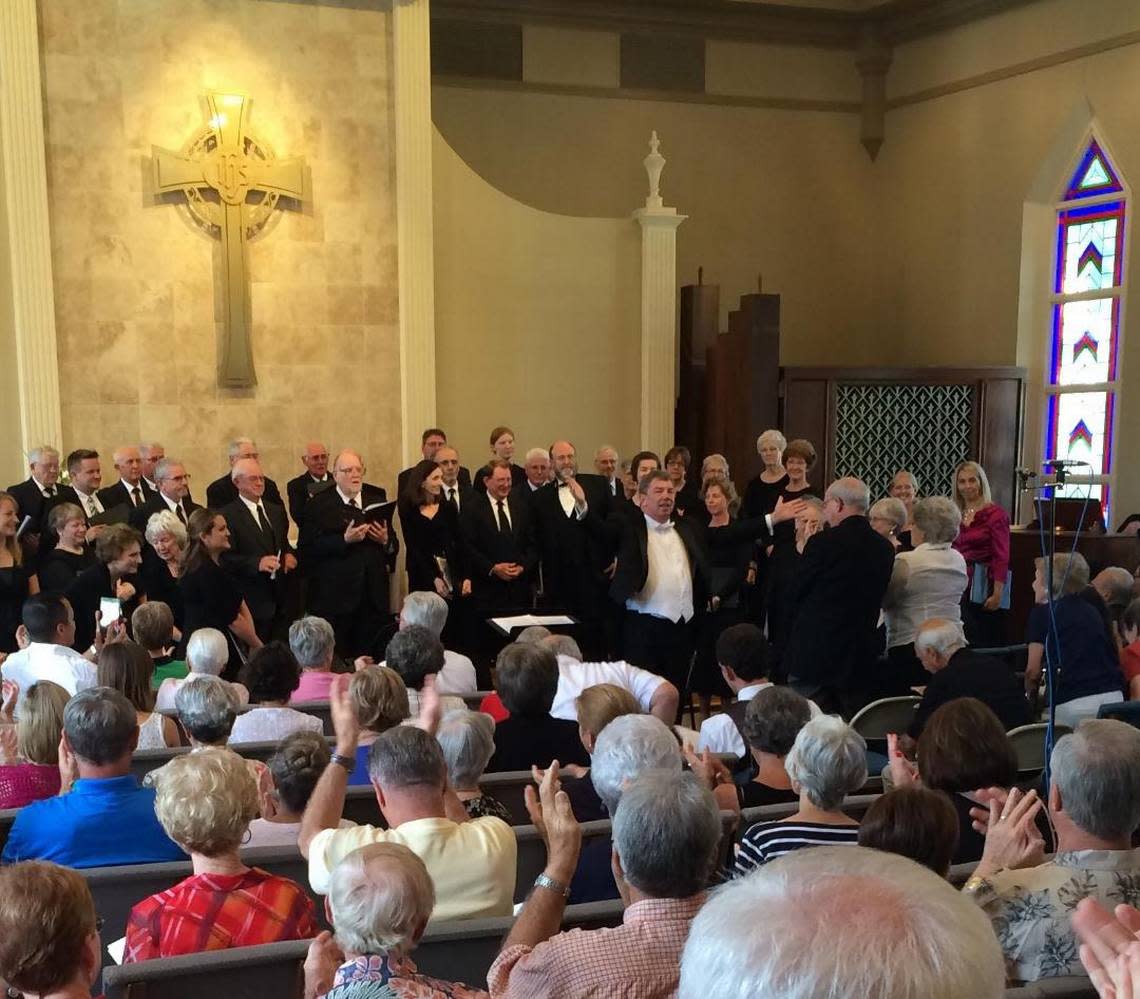Just add an icy drink: Grab these classical CD sets and kick back on hot summer days
The steamy days of summer when live concerts are few and far between can be tough for a music lover. But I find there’s nothing more pleasurable than chilling out in the comfort of my home with a frosty beverage while listening to great music. Luckily, these new CD releases will make the perfect accompaniment to your lemonade or margarita.
Sony Classical has released two massive CD sets that will keep you listening through the rest of the summer and well into the fall.
▪ “Eugene Ormandy: The Columbia Legacy”
“Eugene Ormandy: The Columbia Legacy” has 120 CDs that reproduce the original albums that Ormandy recorded for Columbia during the mono era. Each CD is in its own sleeve, which features the original album art.
What a feast. Of course, Ormandy and the Philadelphia Orchestra are legendary for their gorgeous Philadelphia Sound. This impossibly rich string sound was first developed by Ormandy’s predecessor, Leopold Stokowski, but Ormandy preserved it and developed it even further. Even though the recordings in this set are mono, they have been beautifully remastered, and that Philadelphia Sound shines through.
With his concern for preserving the sonic legacy bequeathed to him by Stokowski, Ormandy had the reputation among some music snobs for being a hidebound conservative when it came to music. Nothing could be further from the truth. One of the great joys of this set is to hear music now part of the standard repertoire getting its first recordings.
For example, the Soviet composer Sergei Prokofiev wrote his Symphony No. 7 in 1952, and one year later Ormandy recorded it for Columbia. With its lush, lyrical strings, this work sounds as though it were written for Ormandy and the Philadelphia Orchestra. It’s a captivating performance that shows Ormandy completely at home in Prokofiev’s idiom.
Of course, the set is filled to overflowing with all the other works of the standard repertoire, too, all given the lush Ormandy treatment.
▪ “Dimitri Mitropoulos: The Complete RCA and Columbia Collection”
Another set that has been eagerly awaited by collectors is “Dimitri Mitropoulos: The Complete RCA and Columbia Collection.” What a fascinating character Mitropoulos was. He was a devout Greek Orthodox known for his ascetic lifestyle. As conductor of the Minneapolis Symphony Orchestra and the New York Philharmonic, he brought a mystical fervor to his performances.
Like the Ormandy set, these 69 Mitropoulos recordings are from the mono era. Unfortunately, unlike the Ormandy set, the Mitrpopoulos recordings don’t sound nearly as good.
I’m sure Sony did its best with a state-of-the-art remastering technology, but the source material is just a little too boxy sounding and distant. Some of the CDs have very fine sound, but for the most part, they just don’t have the clarity of the Ormandy recordings. Mitropoulos’ art can still be discerned, and many of these recordings, like Tchaikovsky’s Symphony No. 2, are just sizzling. But listener fatigue starts to set in after a while.
The Ormandy and Mitropoulos sets are filled with works of the standard repertoire, but the reason to purchase them is for the fascinating, offbeat collection and the historical thrill of hearing first recordings of works that were obscure when they were recorded but are now standard rep. Seasoned classical collectors will be especially interested in these two beautifully produced treasure chests.
▪ Rameau’s “Les Fêtes d’Hébé” performed by the Purcell Choir and Orfeo Orchestra conducted by György Vashegyi. (Glossa)
For the longest time, William Christie and Les Arts Florissants had a monopoly on music of the French baroque. But now, several fine ensembles are giving Les Arts a run for its money. One of the most exciting is Orfeo Orchestra led by Hungarian harpsichordist and conductor György Vashegyi. Orfeo and Vashegyi are in the process of recording all of Jean-Philippe Rameau’s operas for the Spanish early music label Glossa, and the latest release is “Les Fêtes d’Hébé.”

I think of Rameau’s opera-ballets as French baroque vaudeville. You have some romantic duets and then you have some rousing choruses and then you have toe-tapping dance numbers. There’s never a dull moment.
Full of bouncy bourrées, tub-thumping tambourines and gallivanting gavottes, “Les Fêtes d’Hébé” is a dance extravaganza and a banquet of spectacular vocal music. Follow the convoluted libretto about the poet Sapho and Lycurgus, the King of Sparta, if you want, but I like to just put on the recording and revel in the glorious music. Listen to it while doing the dishes or cleaning the bathroom. I won’t tell Rameau.
Summer Singers
The Summer Singers, one of the many fine choral ensembles under the umbrella of the William Baker Festival Singers, provide an opportunity for professional and non-professional singers to lift their voices together every summer.
The year, the Summer Singers of Lee’s Summit and Chamber Orchestra, under its new director Jennifer Lahasky, will sing two dreamy works by Gabriel Fauré, his Requiem and the “Cantique de Jean Racine” July 31 at St. Paul’s Episcopal Church in Lee’s Summit.

Fauré’s Requiem is an audience favorite, and for good reason. This is not a fire and brimstone requiem, but rather, as it has been called, “a lullaby of death.” The “Cantique de Jean Racine” is a lovely setting of a paraphrase of a Latin hymn by the 17th century French playwright Jean Racine. It’s the perfect accompaniment to the Requiem. Also on the program is an orchestral work by local organist and composer Geoffrey Wilcken, “Procession of the Anointed.”
On Aug. 14 at Grace and Holy Trinity Cathedral, the Summer Singers of Kansas City and Symphony Orchestra, conducted by William Baker, will perform one of the grand oratorios of the 19th century: “Elijah” by Felix Mendelssohn. The performance will feature three fantastic singers: soprano Victoria Botero, tenor Zack Devin and bass Josh Markley, who will sing the role of Elijah.
Although inspired by the oratorios of Bach and Handel, “Elijah” is full of Mendelssohn’s distinctive genius. With its lyricism and rich harmonies, it is obviously a work of the romantic era. When “Elijah” was first performed on Aug. 26, 1846 at the Birmingham Town Hall, it was immediately acclaimed as one of Mendelssohn’s masterpieces. A critic for the London Times declared, “Never was there a more complete triumph —– never a more thorough and speedy recognition of a great work of art.”
The Summer Singers of Lee’s Summit and Chamber Orchestra perform Fauré’s Requiem, 4 p.m. July 31. St. Paul’s Episcopal Church, 416 SE Grand Ave., Lee’s Summit, $25. festivalsingers.org
The Summer Singers of Kansas City & Symphony Orchestra perform Mendelssohn’s “Elijah” 2 p.m. Aug. 14. Grace and Holy Trinity Cathedral, 415 West 13th St. $25. festivalsingers.org
You can reach Patrick Neas at patrickneas@kcartsbeat.com and follow his Facebook page, KC Arts Beat, at www.facebook.com/kcartsbeat
